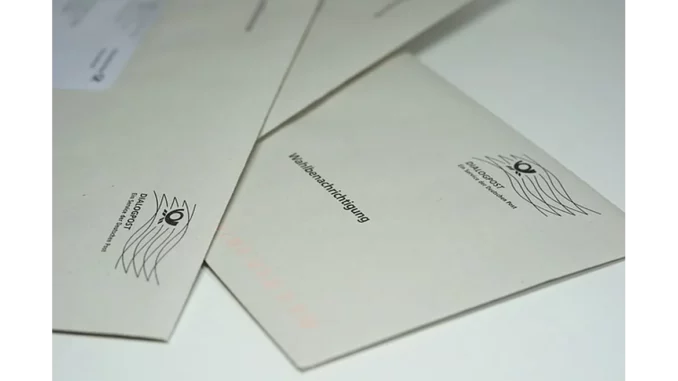
The recent launch of a public consultation by the government marks a pivotal moment in the evolution of democratic processes, aspiring to create a more inclusive and participatory policy-making environment. Public consultation acts as a crucial conduit between policymakers and the citizenry, offering a structured avenue for individuals to express their views on significant policy matters. This initiative transcends mere data collection; it is about empowering citizens to actively contribute to the formation of policies that directly impact their lives.
Focus360 Energy: property compliance services – pre-planning to post-construction. Learn more.
Public consultation is an intricate process that surpasses the limitations of conventional public opinion polls. Whereas standard polls capture a fleeting glimpse of public sentiment, public consultations engage participants in a thorough deliberative experience, akin to that encountered by policymakers. This involves furnishing respondents with essential information and a diverse array of arguments on the topic under consideration, thus enabling them to make well-informed decisions.
A defining characteristic of public consultation is its inherently collaborative nature. The process is frequently developed in partnership with policymakers, who embody a multitude of perspectives on the issue. This collaboration ensures that the information and arguments presented to respondents are balanced and comprehensive. Policymakers, together with advocates from various sides of the debate, contribute to and sanction the content shared with the public, fostering a more informed and nuanced dialogue.
Typically, public consultations manifest as in-depth surveys. Participants are afforded ample opportunity to examine the information, deliberate on the arguments, and explore a complex array of policy options. Online platforms often facilitate this process, allowing individuals to engage with the material at their own pace. In certain instances, respondents may also partake in trade-off exercises that replicate the decision-making processes faced by policymakers when allocating resources or prioritising initiatives. For particularly complex or contentious issues, citizen assemblies may be convened. These gatherings offer participants the chance to partake in face-to-face discussions, pose questions to experts, and deliberate with fellow citizens before reaching their conclusions, thereby enhancing the quality of feedback and ensuring a diverse array of perspectives is considered.
Beyond serving as a tool for gathering public opinion, public consultation acts as a mechanism for restoring trust in government. In an era where many citizens perceive a growing disconnect from the political process, public consultation offers a means to bridge the divide between the government and the governed. By involving citizens in the policy-making process, public consultation can help rebuild confidence in democratic institutions and encourage a more engaged and informed citizenry. Furthermore, public consultation provides policymakers with invaluable insights into the views and priorities of their constituents, enabling them to make more informed decisions. Research indicates that policymakers often misjudge public sentiment, underestimating citizens’ willingness to accept necessary changes. Public consultation can rectify these misconceptions, empowering policymakers to take bolder, more proactive steps in addressing societal challenges.
Additionally, public consultation serves as an effective platform for testing new ideas. Within the conventional policy development framework, new ideas must first capture media attention before being considered by the public. Public consultation accelerates this process, allowing policymakers to quickly gauge public reaction to innovative proposals. This can lead to more efficient and responsive policy development, ultimately benefiting society at large. Moreover, public consultation can be a formidable force for consensus-building. In a political landscape frequently characterised by polarisation, public consultation provides a space for dialogue and compromise. By involving representative samples of the population, public consultation can uncover areas of common ground that might otherwise remain unnoticed. This can result in more balanced and integrated policy solutions that reflect the diverse values and priorities of the citizenry.
In drawing these elements together, the essence of public consultation as a vital component of modern democratic governance becomes clear. It empowers citizens, informs policymakers, and fosters a more inclusive and responsive political process. As governments continue to confront complex and multifaceted challenges, public consultation offers a pathway to more effective and equitable policy solutions. By giving citizens a voice and a stake in the decision-making process, public consultation can help build a stronger, more resilient democracy for the future.


Be the first to comment